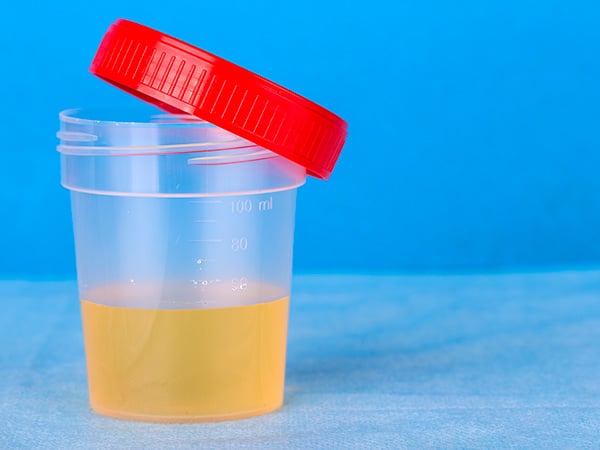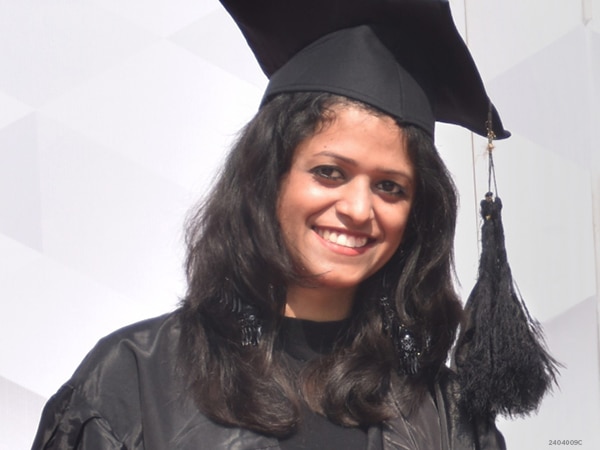Kimberly Richardson: Running Toward the Defeat of Ovarian Cancer
Diagnosed with a rare form of ovarian cancer, Kimberly’s “whole world changed.”
Kimberly Richardson of Chicago, an avid runner, felt unusually tired as she trained for a marathon in 2013. She also noticed a small amount of vaginal bleeding, which concerned her, since she had already gone through menopause.
I’d better check this out, she thought. So she visited her gynecologist, who arranged an ultrasound; it revealed what the doctors thought was a cyst. She would need surgery to have it removed.
But first came a race, which Kimberly ran the day before the scheduled operation. She assumed that the operation would take care of the relatively minor problem of a cyst.
Hours after being wheeled into an operating room, her surgeon tapped her on the shoulder and said, “Kim, you have cancer. We’ll talk about it when you’re fully awake.”
The “cyst” had turned out to be a granulosa cell tumor of the ovary, a rare form of cancer that accounts for only about 2 percent of all ovarian tumors. The good news was that this form of cancer grows slowly and has a relatively good prognosis. The bad news was that granulosa cell tumors tend to recur.
“My whole world changed,” Kim recalls.
In the early days of her treatment for ovarian cancer, she had to be checked for tumor biomarkers every 90 days, with a CT scan if needed, to watch for regrowth of the tumor.
“Your finding of ‘no evidence of disease’ is only as good as your last tumor marker and CT scan,” she says. “You live your life between checkups every 90 days. You’re just going on with your life, trying to take care of your children or whatever, but you are quickly reeled back into your new reality that you are a cancer survivor.”
Kimberly kept running. She checked the Chicago Marathon off her list, rested up for a few weeks, and then entered the punishing Chicago Ultra, a 50-kilometer run along the shores of Lake Michigan. Coming so soon after the marathon, her time was off her usual pace, but that wasn’t the point, she says.
“I accomplished that; I got the medal,” she chuckles. “That was fun to do – 31 miles in the rain.”
She has taken part in races in the Ragnar Relay Series, running with a team of other women. She is also an evangelist for the sport.
“I like to always like to encourage other women who don’t fit the ‘look’ of a runner to challenge themselves to do marathons and ultra-marathons, to get involved in triathlons, and to do things like Ragnar because it is a matter of discipline and perseverance, not so much a matter of how fast you are,” she says.
After Ragnar, at the age of 56, Kim decided she would hang up her running shoes after what she calls “the glory days.”
But her big goals now are to keep winning her race against cancer and, as an advocate, to help others do the same.



